PV installation ROI review
rjexit5
9 years ago
Related Stories
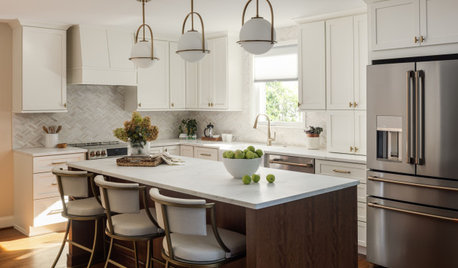
MOST POPULAR5 Remodels That Make Good Resale Value Sense — and 5 That Don’t
Find out which projects offer the best return on your investment dollars
Full Story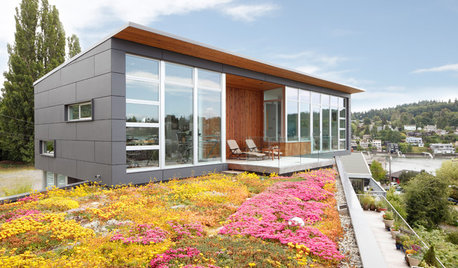
CONTRACTOR TIPSBuilding Permits: What to Know About Green Building and Energy Codes
In Part 4 of our series examining the residential permit process, we review typical green building and energy code requirements
Full Story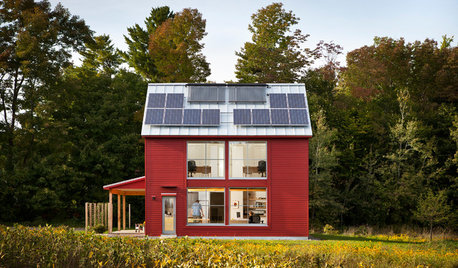
GREEN BUILDINGGoing Solar at Home: Solar Panel Basics
Save money on electricity and reduce your carbon footprint by installing photovoltaic panels. This guide will help you get started
Full Story
MATERIALSInsulation Basics: What to Know About Spray Foam
Learn what exactly spray foam is, the pros and cons of using it and why you shouldn’t mess around with installation
Full Story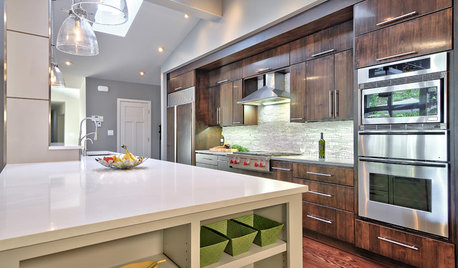
KITCHEN COUNTERTOPS7 Low-Maintenance Countertops for Your Dream Kitchen
Fingerprints, stains, resealing requirements ... who needs ’em? These countertop materials look great with little effort
Full Story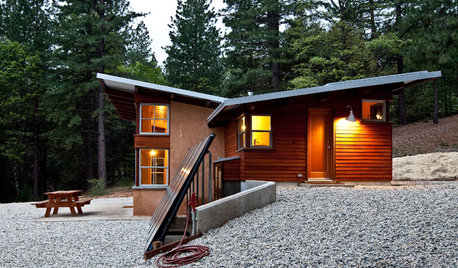
GREAT HOME PROJECTSHow to Add a Solar Water Heater
Lower energy bills without a major renovation by putting the sun to work heating your home’s water
Full Story
GREEN BUILDINGHouzz Tour: See a Maine House With a $240 Annual Energy Bill
Airtight and powered by the sun, this energy-efficient home in a cold-winter climate is an architectural feat
Full Story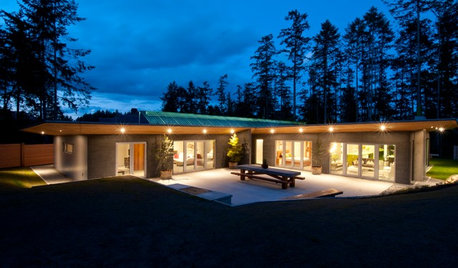
GREEN BUILDINGHouzz Tour: See a Concrete House With a $0 Energy Bill
Passive House principles and universal design elements result in a home that’ll work efficiently for the long haul
Full Story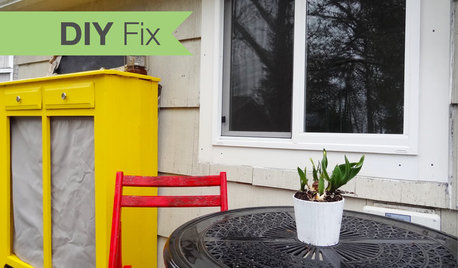
Replace Your Windows and Save Money — a How-to Guide
Reduce drafts to lower heating bills by swapping out old panes for new, in this DIY project for handy homeowners
Full Story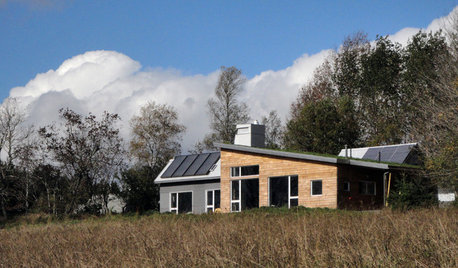
GREEN BUILDINGHouzz Tour: Going Completely Off the Grid in Nova Scotia
Powered by sunshine and built with salvaged materials, this Canadian home is an experiment for green building practices
Full StorySponsored






Brian_Knight
rjexit5Original Author
Related Professionals
Phoenix Solar Energy Systems · Glen Avon Solar Energy Systems · Easton Solar Energy Systems · Oak Hills Design-Build Firms · Home Gardens Home Builders · Ives Estates Home Builders · McKeesport Home Builders · Salem Home Builders · Superior Home Builders · Boone Roofing & Gutters · Brooklyn Roofing & Gutters · Chicago Roofing & Gutters · Dallas Roofing & Gutters · Renton Roofing & Gutters · SeaTac Roofing & GuttersBrian_Knight
rjexit5Original Author
Brian_Knight
Annie Deighnaugh
rjexit5Original Author
mtvhike
Brian_Knight
kenstl
rjexit5Original Author
delriogarden
rjexit5Original Author